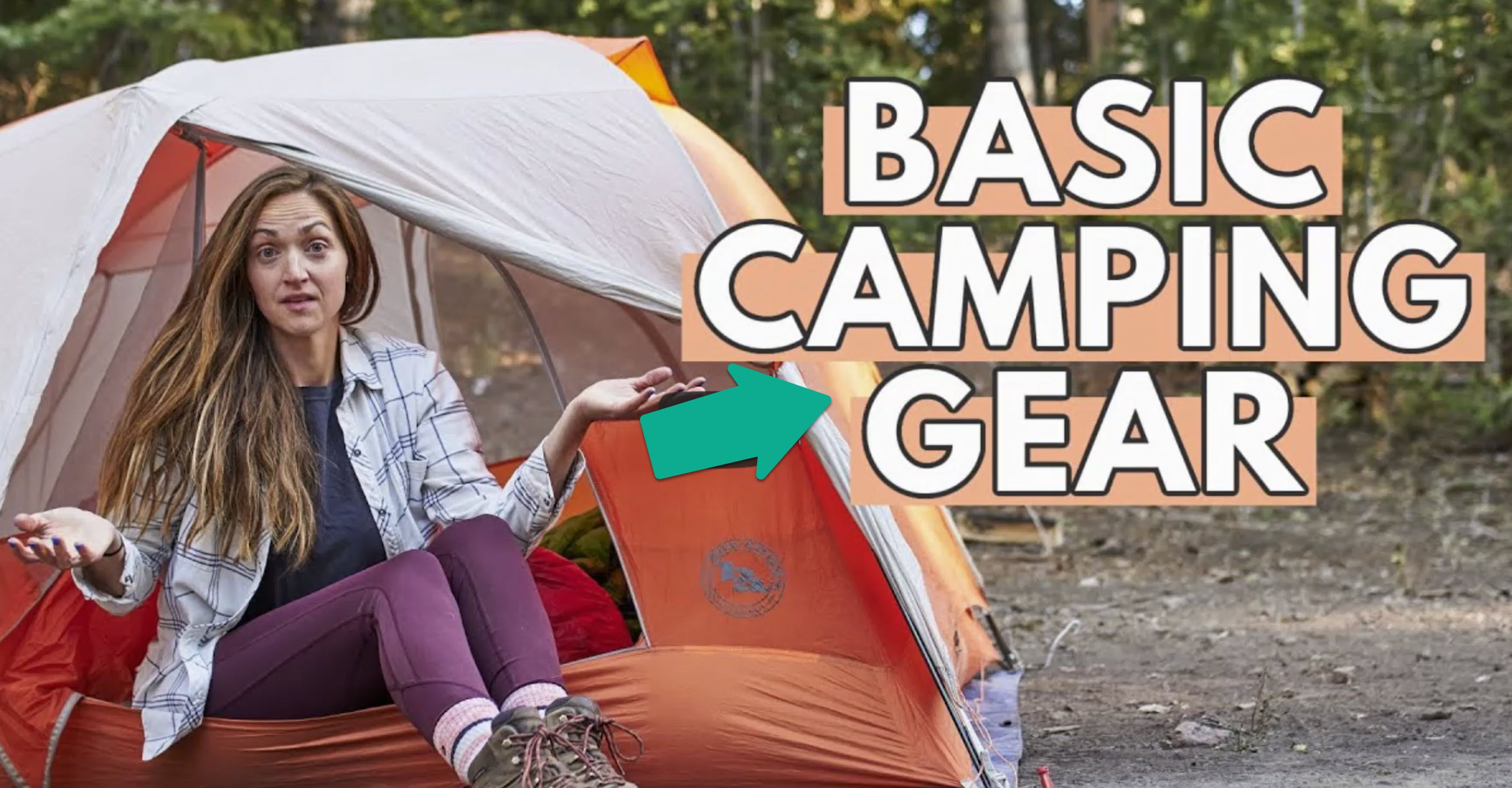Camping is one of the best ways to disconnect from everyday life and appreciate nature. But if you’re just starting out, it can be intimidating not knowing where to begin.
To guarantee a stress-free first camping trip, follow these essential camping tips for beginners. They’ll keep you safe, prepared and having an enjoyable time!
Be Prepared!
When planning a camping adventure for the first time, it’s essential to be well prepared. With some careful consideration and preparation, you can have an ideal experience and leave with lasting memories of the trip.
Before embarking on any camping adventure, whether it be solo or with the family, make sure you have everything necessary for a comfortable and secure camping experience. This includes a tent, sleeping bag, pad and cooking kit.
Furthermore, you’ll require a variety of clothing and equipment that will keep you comfortable during your journey. This includes a base layer, insulation, and shell.
Be prepared for wildlife encounters. If you spot a wild animal near your campsite, remain calm and slowly back away from it.
Avoid Wildlife Encounters!
Experience wildlife up close can be truly magical, but be wary as some encounters can turn dangerous. Particularly with predators like bears, it is best to stay far away in order to keep yourself and others safe.
If you come across a wild animal, remain calm and don’t panic. Instead, stand together in order to appear larger and attempt to scare it away by creating illusions of size.
Make sure your food does not smell enticing to animals, either. Animals have a keen sense of smell and can detect odors up to one mile away. So be mindful when offering food to these furry friends!
To avoid such encounters, thoroughly tidy up your campsite and throw away anything that smells of it before going to bed. This includes cooking equipment, deodorant, perfume, and dirty clothes.
Spending some time to be mindful during your camping experience will allow you to have an enjoyable outdoor adventure without worrying about wildlife. Keeping the camp free from human food and properly disposing of trash will guarantee a secure atmosphere for both you and any wildlife that might pass by.
Have a Good Night’s Sleep
Sleep is essential for your wellbeing. Not only does it improve how energetic and alert you feel throughout the day, but it can also reduce your risk for heart disease, diabetes, obesity and depression.
Sleep deprivation can leave you feeling groggy and irritable, as well as interfering with memory recall. Therefore, it’s essential to get enough quality rest while camping so that you can maximize the benefits of your experience.
When camping, try to maintain your regular sleep schedule. This will help your body adjust to the change in environment and ensure a good night’s rest the following evening.
You can also use lavender or other essential oils to help you relax before bed. Simply rub a few drops onto your forehead, temples and wrists for an immediate calming effect.
Plan Your Meals
Planning your meals ahead of time will help you stay within budget, reduce food waste and save you time. Furthermore, it will guarantee that you eat the appropriate amount for you – helping prevent overeating or feeling bloated.
To begin meal planning, assess what ingredients already reside in your refrigerator and pantry. Doing this will enable you to select recipes that utilize those items already on hand, thus cutting down on grocery expenses.
The next step in planning a menu for the week or several days ahead is to create one on paper or with an app. Doing this helps ensure that you have everything necessary for each meal.
